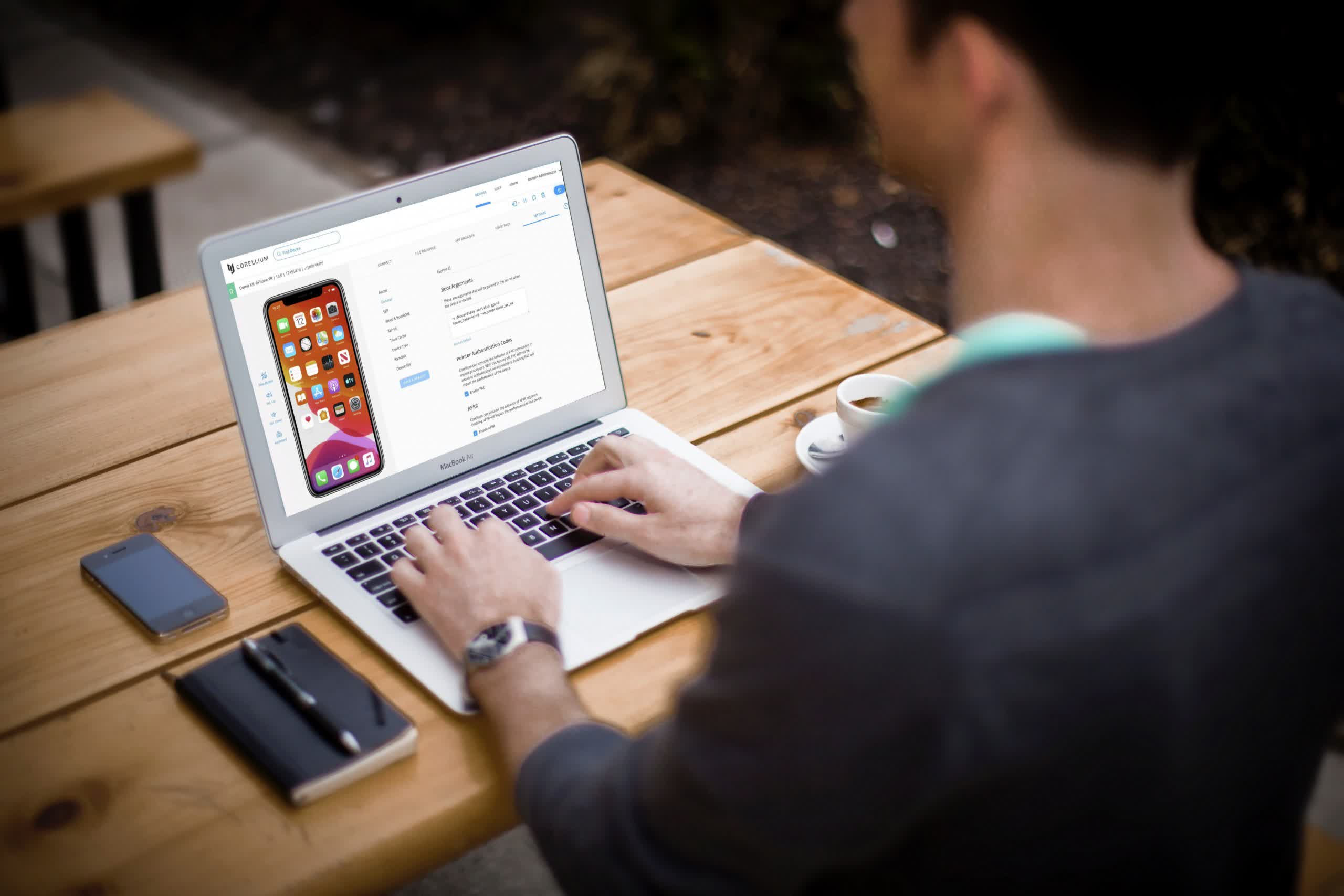In a nutshell: Apple's copyright battle with mobile virtualization startup Corellium finally ended with the Cupertino tech giant dropping the case in an undisclosed settlement. The settlement comes on the heels of a judgment in favor of Corellium last year.

Corellium makes a product that allows users to virtualize mobile operating systems in a desktop browser. The software is used for various purposes, including app development, security testing, and security research.
In the lawsuit filed in 2019, Apple claimed that Corellium violated its iOS copyrights and compromised iOS security by selling its product indiscriminately. Corellium maintained that its product fell under the fair use doctrine.
Apple v. Corellium by GMG Editorial
In 2020, US District Court Judge Rodney Smith sided with Corellium, stating that its product fell under the fair use doctrine and was a "transformative work" that was of significant benefit to the consumer because of its use in security research. Judge Smith dismissed the case, essentially shutting down Apple's copyright case entirely. However, Cupertino lawyers still had unheard cases involving unauthorized use and distribution of hacking tools that it could pursue.
On Wednesday, the Washington Post reported that Apple had dropped those cases and had settled with Corellium out of court. The agreement details were undisclosed, and both Apple and Corellium have declined to comment on the settlement.